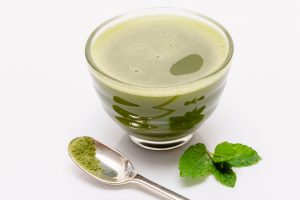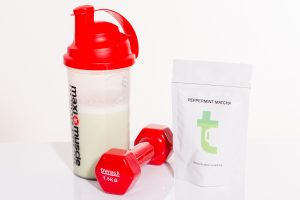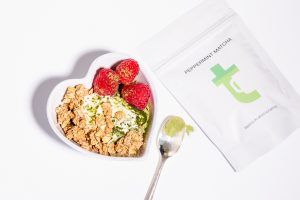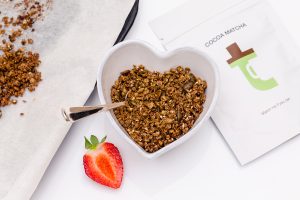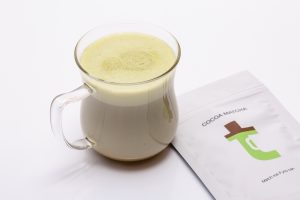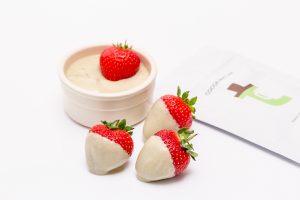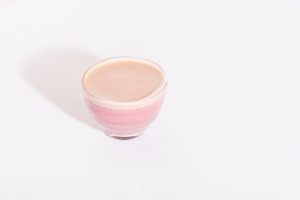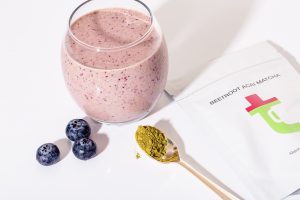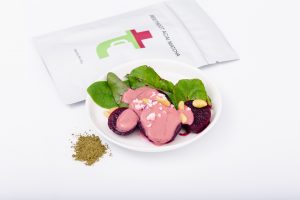Health & Nutrition, Immunity, Mindfulness, Sleep
Are you looking for a natural way to cleanse your body? Detox teas might be the answer you’ve been searching for. But with so many options out there, which teas are the best for detoxification? And how do they actually work? Let’s explore the world of herbal teas for detox and uncover the truth behind their cleansing powers.
Key Takeaways:
- Incorporating detox teas into one’s diet is a natural way to cleanse the body and support its natural detoxification processes.
- Herbal teas like ginger and turmeric tea, peppermint tea, green tea, and lemon tea are some of the best options for detoxification.
- These teas contain antioxidants and other beneficial compounds that promote overall wellness and help eliminate toxins.
- Detox teas can be enjoyed as part of a healthy lifestyle, but it’s always important to consult with a healthcare professional before making any significant changes to your diet or lifestyle.
Ready to discover the power of detox teas? Read on to learn more about their benefits and how to incorporate them into your routine.
Ginger and Turmeric Tea
When it comes to detoxification, ginger and turmeric tea is a fantastic choice. Known for their anti-inflammatory properties and richness in antioxidants, both ginger and turmeric offer numerous health benefits. By preparing a simple detox tea recipe, you can incorporate these powerful ingredients into your daily routine, promoting overall health and cleansing your system naturally.
To make ginger and turmeric tea, start by steeping grated ginger and turmeric in hot water for a few minutes. This allows the flavours and beneficial compounds to infuse into the tea. After steeping, strain the tea and enjoy the warm, soothing beverage. Not only does this tea taste delicious, but it also supports your body’s natural detoxification processes.
“Ginger and turmeric tea is a great option for detoxification. Both ginger and turmeric have anti-inflammatory properties and are rich in antioxidants.”
During the detoxification process, ginger and turmeric tea can help reduce inflammation, support digestion, and boost your immune system. The combination of these two powerful ingredients provides a natural and refreshing way to cleanse your body from within. Make ginger and turmeric tea a part of your daily routine for a revitalizing and detoxifying experience.
Key Benefits of Ginger and Turmeric Tea:
- Anti-inflammatory properties
- Rich in antioxidants
- Promotes digestion
- Boosts immune system
Start your day with a cup of ginger and turmeric tea to kickstart your detoxification journey. The warming flavours and health benefits of this herbal tea will leave you feeling refreshed and energized.
Peppermint Tea
Peppermint tea is a popular choice for detoxification due to its numerous health benefits. This refreshing herbal tea not only has a delightful flavour but also offers powerful detoxifying properties.
One of the key benefits of peppermint tea is its immune-boosting effect. The tea contains antioxidants, including vitamin C and manganese, which both help neutralize harmful free radicals in the body. By reducing oxidative stress, peppermint tea supports the immune system and promotes overall wellness.
Additionally, peppermint tea can help clear the air passages, making it an excellent choice for respiratory health. The natural menthol present in peppermint leaves can soothe the throat and provide relief from congestion. This makes peppermint tea a great option for clearing the respiratory system.
Here is an easy recipe to make fresh peppermint tea:
- Boil water in a kettle or pot.
- Add fresh peppermint leaves or a peppermint tea bag to a cup.
- Pour the boiling water over the leaves or tea bag.
- Let it steep for 5-10 minutes.
- Strain out the leaves or remove the tea bag.
- Sip and enjoy!
Peppermint tea can be enjoyed hot or iced, depending on your preference. It’s a refreshing beverage that can be incorporated into your daily routine to support detoxification and boost your immune system.
Peppermint Tea Benefits:
| Benefits of Peppermint Tea | Description |
|---|---|
| Boosts immune system | Contains antioxidants like vitamin C and manganese that help neutralize free radicals and support overall wellness. |
| Clears air passages | Natural menthol in peppermint leaves provides relief from congestion and soothes the throat. |
| Freshens breath | Peppermint’s natural properties can help fight off bacteria which causes bad breath. |
| Aids digestion | Peppermint tea can help soothe digestive discomfort, reduce bloating, and support healthy digestion. |
| Relieves headache | Peppermint tea’s cooling effect may help alleviate headaches and migraines. |
Include peppermint tea in your detox routine to cleanse your body and enjoy its refreshing taste and numerous health benefits.
Green Tea
Green tea is a natural flush for your system and is high in antioxidants. It aids the formation of detoxification properties in the body and boosts the immune system. Green tea can also protect the liver from the damaging effects of toxic substances.
Green tea is renowned for its numerous health benefits. It is packed with antioxidants called catechins, which help in fighting free radicals and reducing oxidative stress in the body. These antioxidants also play a key role in promoting liver health and supporting its natural detoxification processes.
Studies have shown that the consumption of green tea can lead to a reduction in liver fat, inflammation, and the risk of liver diseases such as fatty liver disease. Its protective effects on the liver are attributed to the presence of catechins, which have been found to have anti-inflammatory and antioxidant properties.
Moreover, green tea is rich in a compound called epigallocatechin gallate (EGCG), which has frequently been linked to various health benefits including weight management, improved brain function, and a reduced risk of chronic diseases.
To enjoy the benefits of green tea, simply steep high-quality green tea leaves in hot water for a few minutes, and enjoy it as a delicious and refreshing beverage.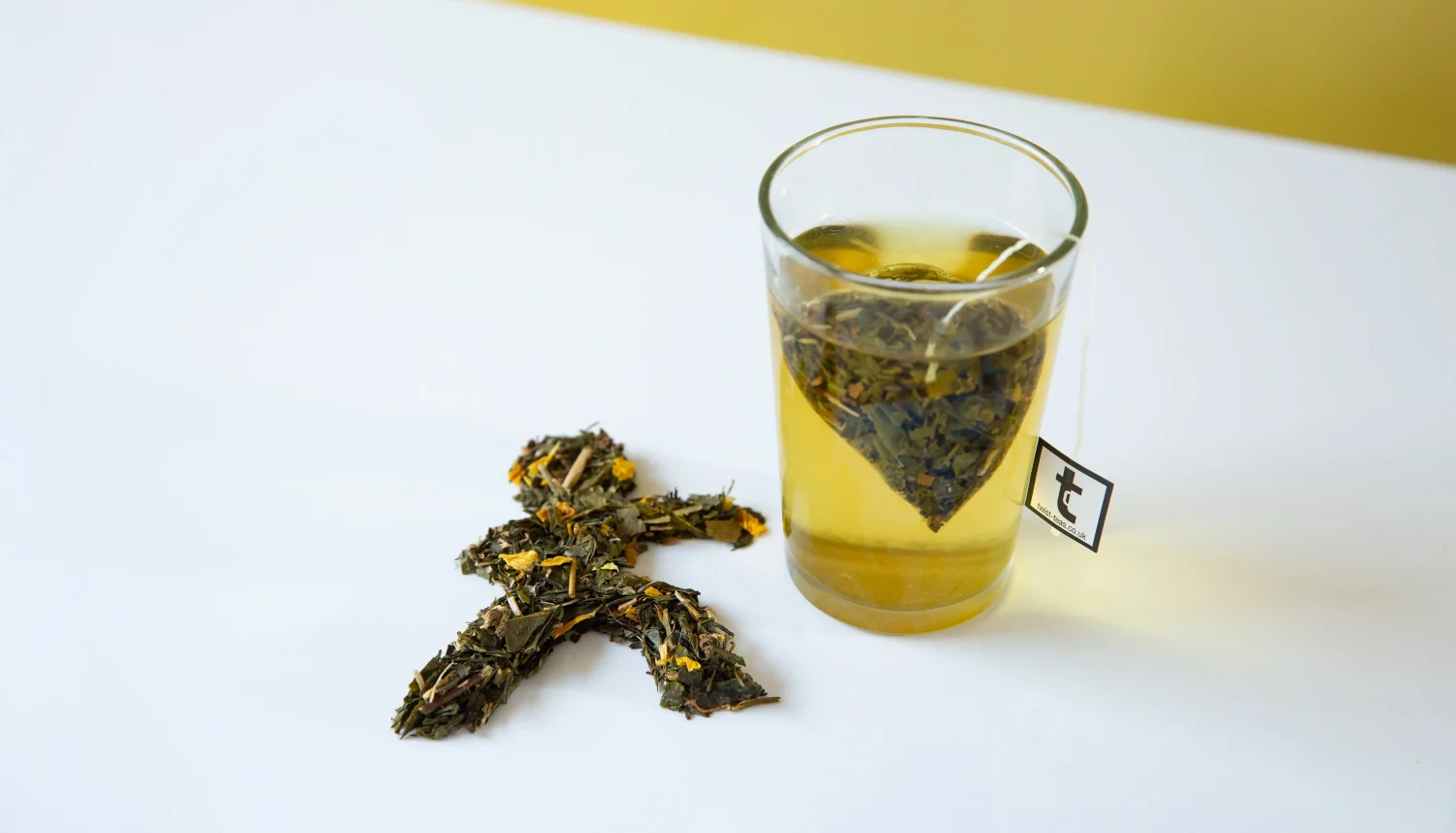
Matcha Tea
Matcha is a type of powdered green tea that is made from finely ground Japanese green tea leaves. Confined to the shade for the final weeks of their growth, the leaves used to make matcha contain unusually high levels of chlorophyll and catechins. Unlike regular green tea, which is steeped and then discarded, matcha is prepared by whisking the powder into hot water, allowing you to consume the entire leaf and benefit from its nutrient-rich properties.
Due to its unique cultivation method, matcha contains increased levels of chlorophyll and catechins. These compounds are widely recognised as potent, natural antioxidants and they play a crucial role in safeguarding the body against harmful free-radicals: substances that can cause cellular damage and contribute to a range of diseases.
When consumed, matcha boosts the generation of haemoglobin and enzymes crucial for liver function, aiding in the efficient breakdown and removal of toxins from the body. By promoting liver health, matcha assists in the body’s natural detoxification mechanisms, promoting overall wellbeing.
Incorporating matcha green tea into your daily routine can enhance your healthy lifestyle by harnessing its cleansing properties. It helps aid in supporting your body’s natural detoxification processes. Read more about this fascinating tea in our Unveil The Benefits of Matcha Green Tea blog post!
Lemon Tea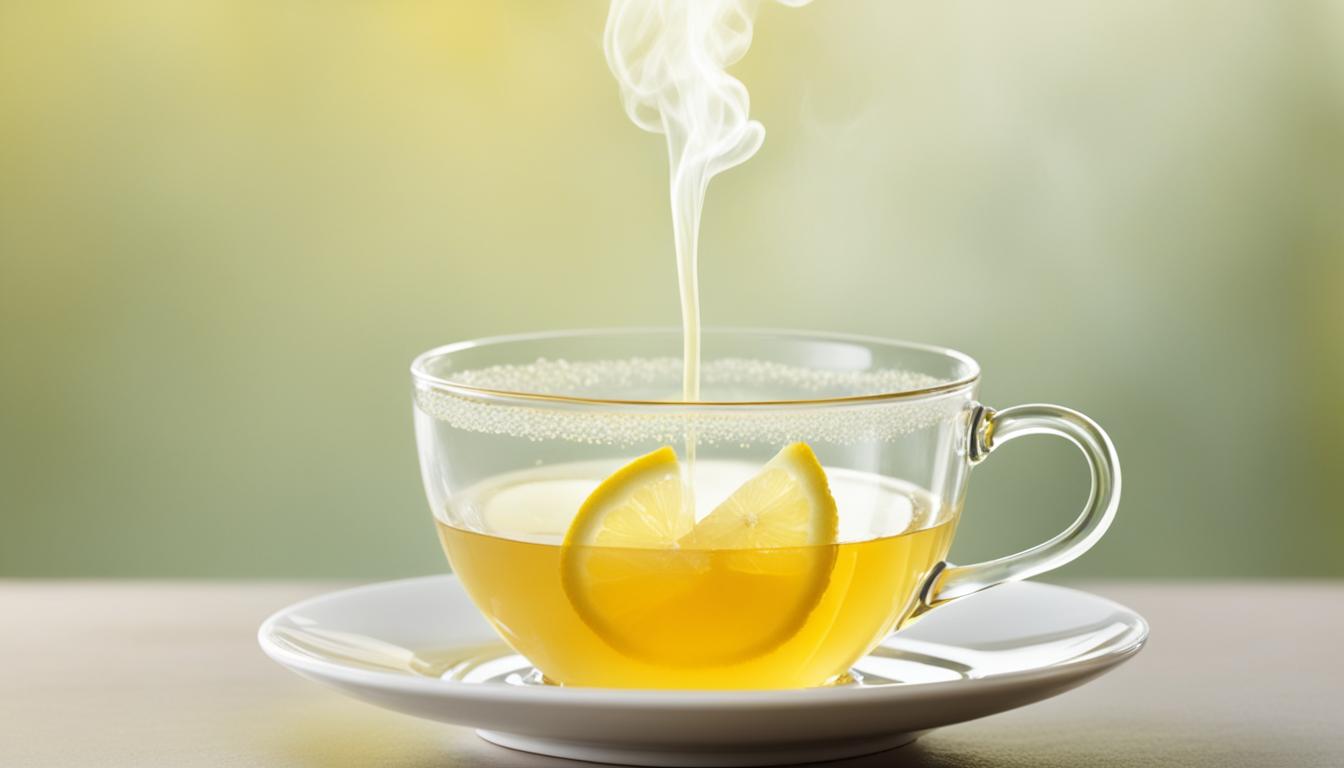
Lemon tea is a popular and refreshing detoxifying drink that is packed with vitamin C. It offers a range of health benefits and can be easily prepared at home.
To make lemon tea, simply combine the juice of a fresh lemon with plain water and a pinch of black pepper. Adding a dash of turmeric enhances its detoxifying qualities even further. Turmeric is known for its anti-inflammatory properties and can help support the body’s natural detoxification processes.
Lemon tea is a great way to kickstart your day. Its invigorating citrus flavour and the tang of lemon creates a refreshing sensation that can awaken your senses.
Drinking lemon tea regularly can provide your body with a boost of vitamin C, which plays a vital role in supporting immune health and strengthening the body’s natural defences.
Here’s a simple recipe to make your own lemon tea:
- Squeeze the juice of one fresh lemon into a cup.
- Add hot water to the cup.
- Sprinkle a pinch of black pepper and turmeric.
- Stir well and let it steep for a few minutes.
- Enjoy your revitalising cup of lemon tea!
Start your day on a fresh and rejuvenating note with a cup of lemon tea. Its detoxifying properties and high vitamin C content make it a perfect choice for a refreshing and healthful drink.
Plain Ginger Tea
Plain ginger tea is not only a common remedy for flu and sore throats, but it is also a detoxifying drink. Ginger, known for its medicinal properties, has natural cleansing abilities that can benefit the body. Adding a touch of cardamom to ginger tea not only enhances its taste but also boosts its detoxifying effects.
Ginger tea, made by brewing fresh ginger root in hot water, has been used for centuries to alleviate various ailments and promote overall well-being. It is rich in bioactive compounds like gingerol, which is responsible for its strong antioxidant and anti-inflammatory effects.
This soothing and aromatic tea aids in flushing out toxins from the body, supporting the liver’s detoxification process. Ginger also stimulates digestion and helps relieve bloating and indigestion, making it an excellent choice for those seeking a natural detox.
The combination of ginger and cardamom creates a delightful flavour profile, while providing additional health benefits. Cardamom is best known for its antioxidant properties and can further help improve digestion and boost metabolism.
“Ginger tea is not only a comforting and warming beverage but also a gentle yet effective way to detoxify the body naturally.”
Enjoy a cup of plain ginger tea as part of your detox routine or whenever you need a soothing and revitalising drink.
Rooibos Tea
Long celebrated in traditional medicine practises, the detoxifying effects of rooibos tea are thought to be provided by its high aspalathin and quercetin contents. These natural antioxidants aid in flushing out toxins from the body, therefore promoting overall wellbeing. These antioxidants work to neutralise free-radicals, chemicals that can cause cellular damage and potentially contribute to various health issues.
Rooibos tea also acts as a natural diuretic, promoting the expulsion of waste and excess fluid from the body. By supporting healthy kidney function, it helps to cleanse the urinary tract and reduce bloating. This gentle detoxification process can leave you feeling refreshed and revitalised.
Being naturally caffeine-free, rooibos tea is an ideal option for those looking to detoxify gently, without the stimulating effects of caffeine. Its soothing properties also make it an excellent choice for promoting relaxation and reducing stress, further enhancing its detoxifying benefits. A daily cup of rooibos tea, delicious hot or iced, can be a simple yet effective way to support your body’s natural detoxification mechanisms and promote overall health and wellness. Discover more in our Rooibos Tea Benefits blog post!
Conclusion
Detox teas can be a valuable addition to a healthy lifestyle, providing numerous benefits for the body’s natural detoxification processes. These teas have the potential to boost the immune system and enhance overall wellness. Whether you opt for ginger and turmeric tea, peppermint tea, green tea, or any other herbal detox tea, incorporating them into your daily routine can help naturally cleanse your system. Why not try our amazing blend of ‘Restore Tisane’ to kickstart your health journey?
Detox teas offer a range of advantages, thanks to their unique blend of ingredients. For instance, ginger and turmeric tea, with its anti-inflammatory properties and antioxidants, can promote overall health. Peppermint tea, rich in vitamin C and manganese, can strengthen the immune system and improve overall wellbeing. Green tea, known for its high antioxidant content, can aid in flushing out toxins and supporting liver function. Lemon tea, packed with vitamin C, serves as a refreshing and detoxifying beverage.
Discover the detoxifying effects and award-winning flavours of our Functional Blends range. Designed with your wellbeing in mind, each exquisite Tea and Tisane comes served with a Twist: a functional ingredient intended to cleanse and rejuvenate.
It is important to note that before making any significant alterations to your diet or lifestyle, it is advisable to consult a healthcare professional. They can offer personalised guidance based on your individual needs and health conditions. By incorporating detox teas into your routine, you can support your body’s detoxification process and reap the many benefits they have to offer.
FAQ
What is detoxification?
Detoxification is the process of removing toxins from the body.
What are the best teas for detoxification?
Some of the best teas for detoxification include ginger and turmeric tea, peppermint tea, green tea, and lemon tea.
How do I make ginger and turmeric tea?
To make ginger and turmeric tea, steep grated ginger and turmeric in hot water for a few minutes.
What are the health benefits of peppermint tea?
Peppermint tea has several health benefits, including boosting the immune system and clearing the air passages.
What are the benefits of green tea for detoxification?
Green tea is a natural flush for your system and is high in antioxidants. It helps increase the formation of detoxification properties in the body and protects the liver from the damaging effects of toxic substances.
How do I make lemon tea?
Lemon tea can be prepared by combining lemon juice, turmeric, plain water, and a bit of black pepper.
What are the benefits of plain ginger tea?
Plain ginger tea is a detoxifying drink and can help cleanse the body. Adding cardamom to ginger tea can enhance its taste and detoxifying effects.
Are detox teas beneficial for overall wellness?
Detox teas can be a great addition to a healthy lifestyle. They can support the body’s natural detoxification processes, boost the immune system, and improve overall wellness.

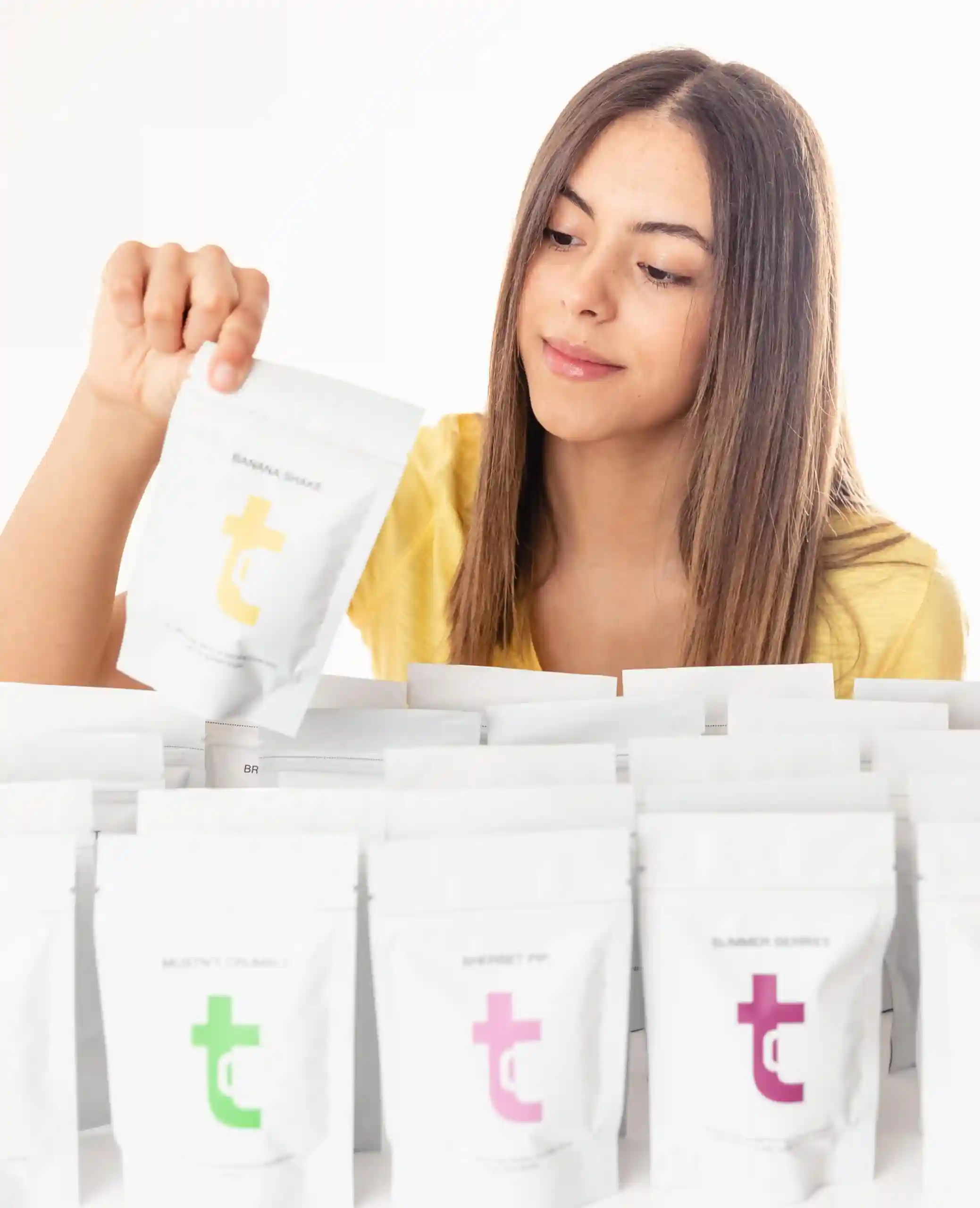
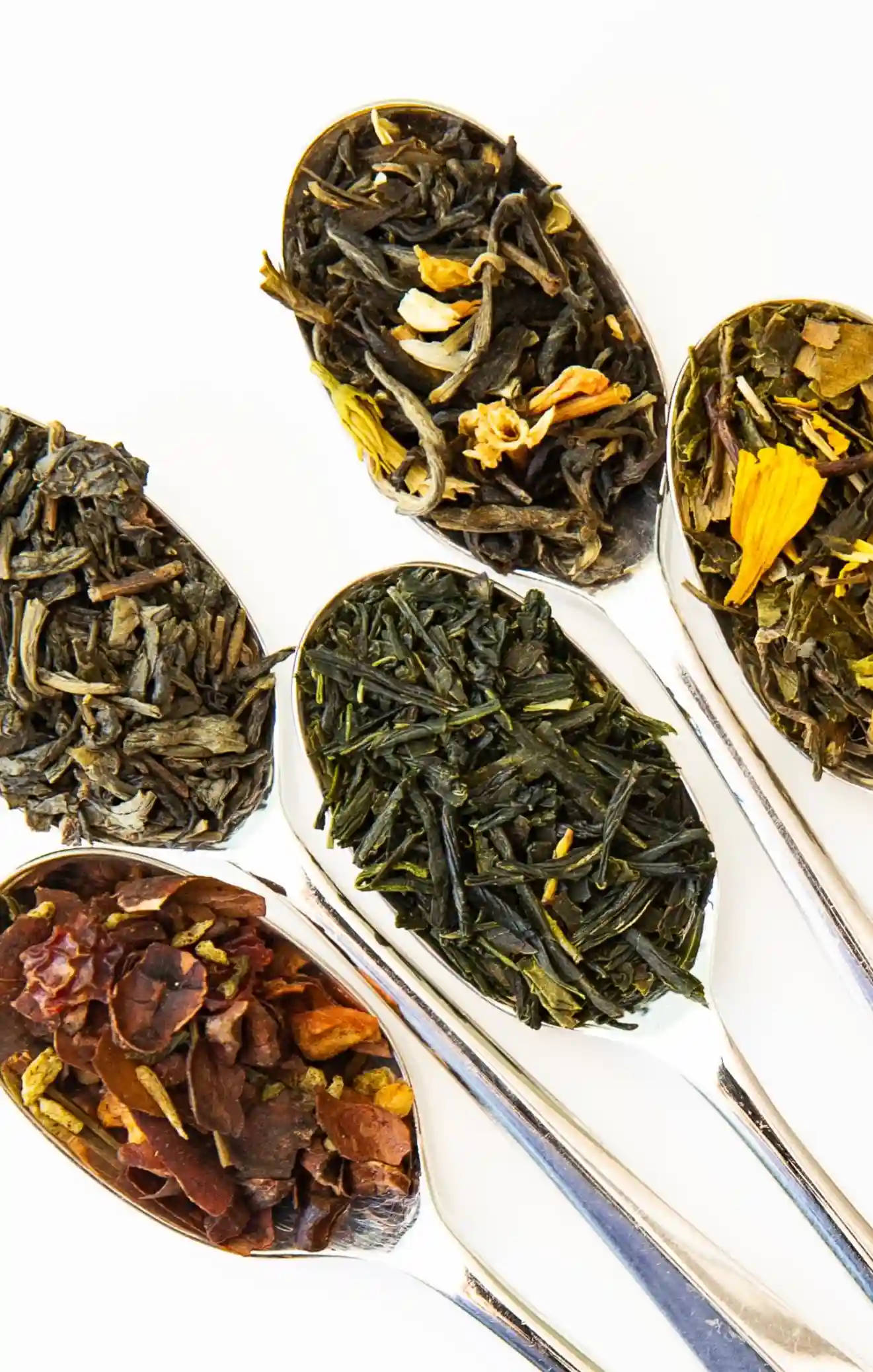
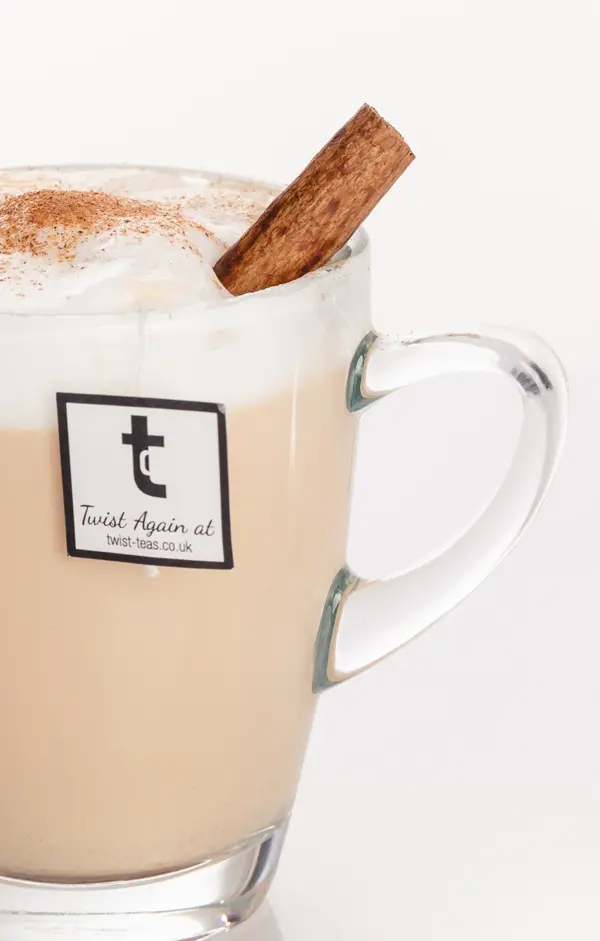

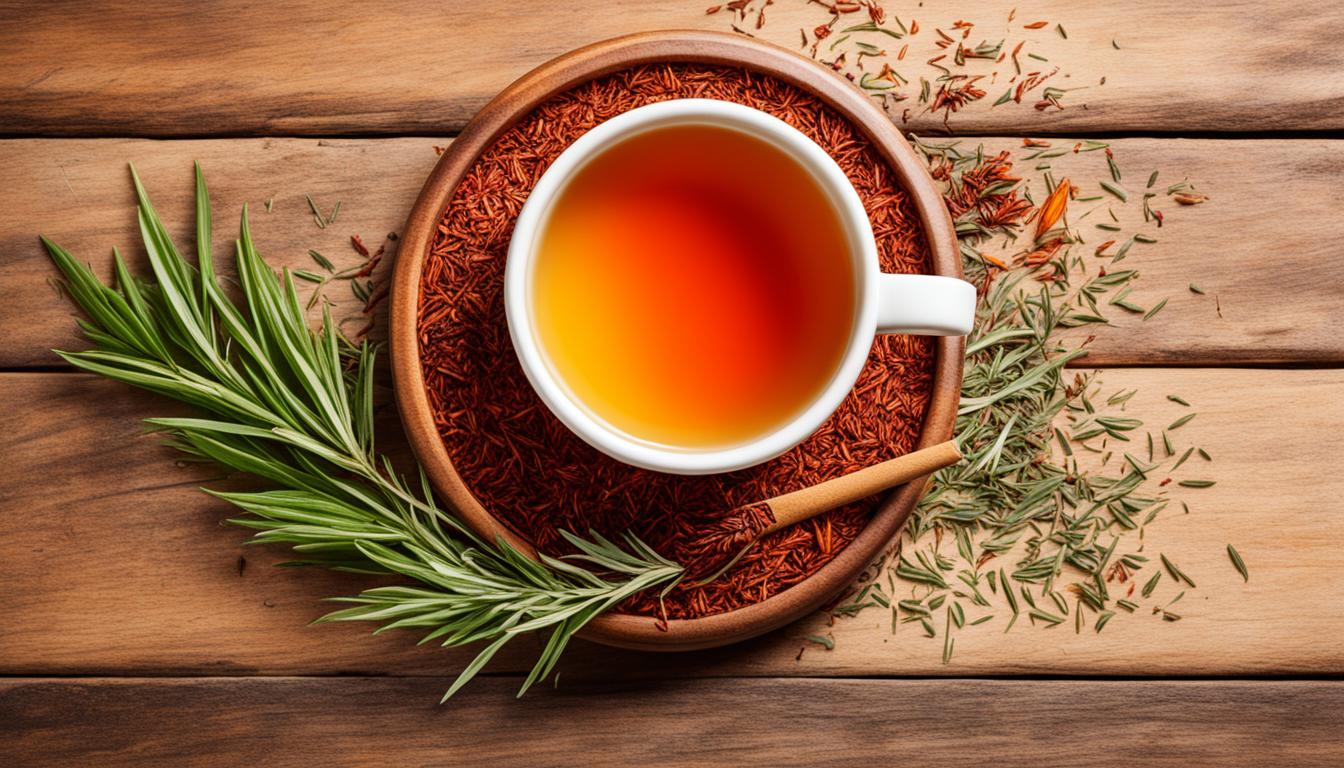
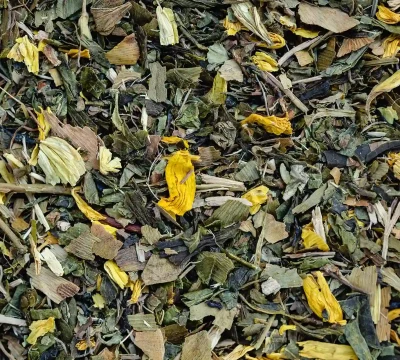
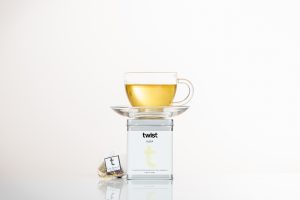
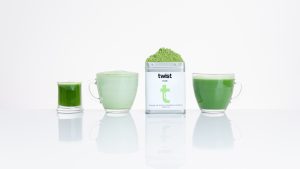
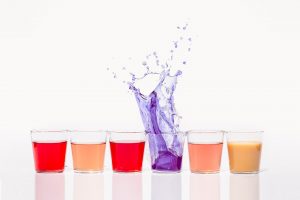
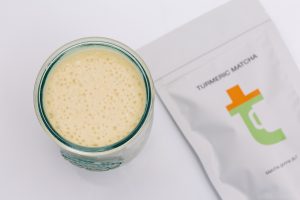 Smoothie: Simply add a teaspoon to a smoothie of your choice. It works particularly well if you’ve got a fairly bland, unsweetened, smoothie that needs something with a distinctive flavour to turn it into to a really delicious, mega-healthy treat.
Smoothie: Simply add a teaspoon to a smoothie of your choice. It works particularly well if you’ve got a fairly bland, unsweetened, smoothie that needs something with a distinctive flavour to turn it into to a really delicious, mega-healthy treat.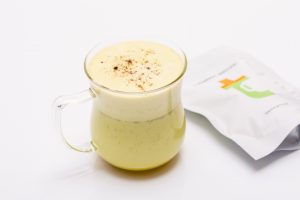 Matcha latte: Now this is a really delicious, fiery drink that is great to wake yourself up on a Monday morning.
Matcha latte: Now this is a really delicious, fiery drink that is great to wake yourself up on a Monday morning. Savoury dishes:
Savoury dishes: